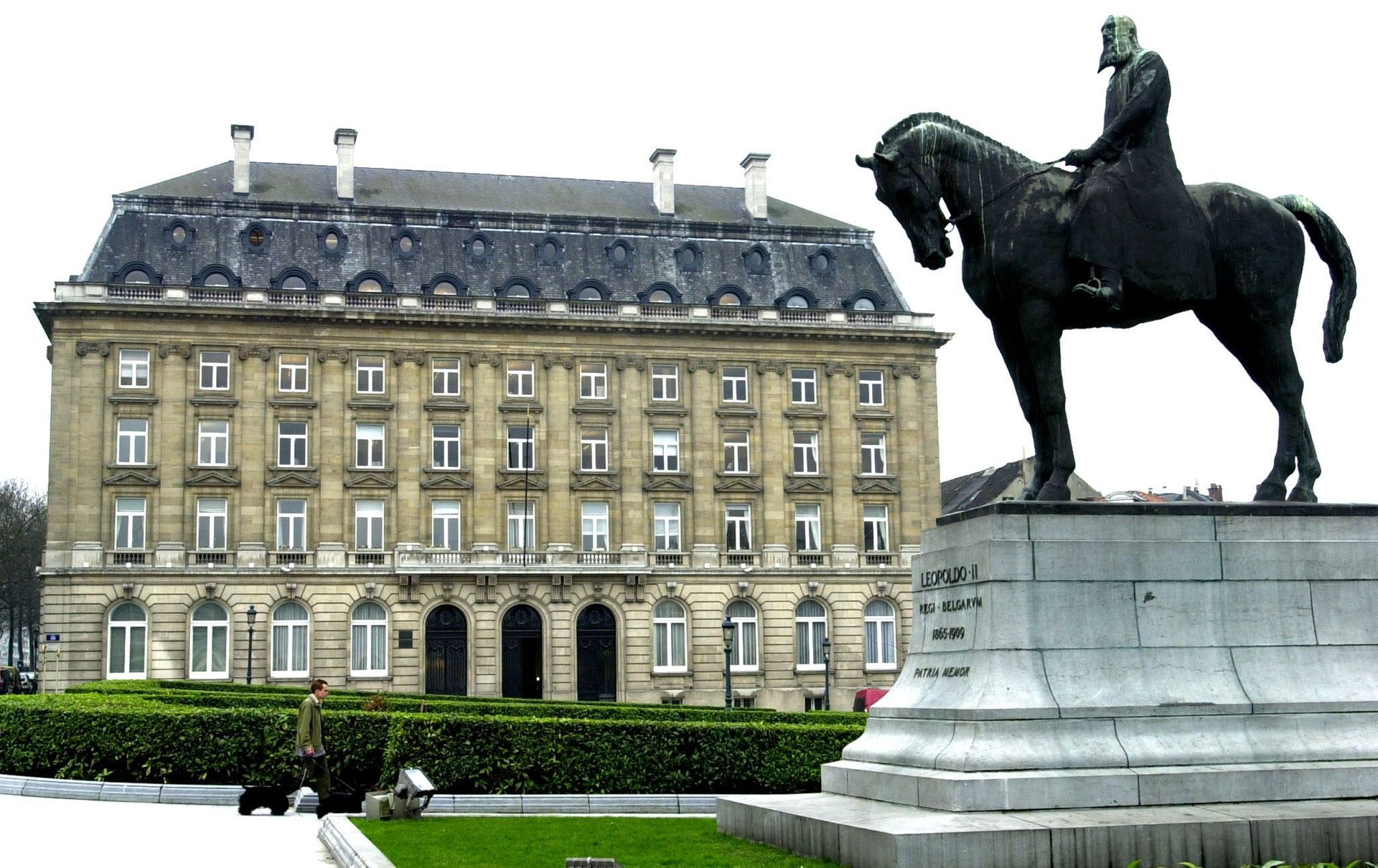From statues, monuments and street signs, Brussels wants to give Belgium's colonial past a special, dedicated space in the city – possibly in Cinquantenaire Park – to reunite the relics in one place.
Today, the colonial past of Belgium is visible in various ways on streets, sites and buildings. However, many cities – including Brussels – do not have a united attitude on how to deal with the glorification of colonial pasts.
This week, Regional State Secretary Pascal Smet presented a 14-point action plan for the decolonisation of the Belgian capital's public space.
"An expert committee of academics and people from the diaspora made a report of recommendations to the government. We have now turned that into an action plan with all kinds of initiatives," Smet said.
Specifically, the 14-point plan states that the authorities will raise awareness, look into changing certain street names and do a number of feasibility studies to look into creating a centre for decolonisation, as well as a memorial for the victims of colonisation, he said.
Feasibility studies
"We will also look into if we should create an area, in the Cinquantenaire Park for example, where we place the statues related to the decolonisation after they have been removed from the streets," Smet added.
All this, he said, should be realised during a timeframe of two years. Additionally, to make sure that the authorities are also walking the walk, someone will be hired specifically to follow up on all actions and make sure that all parties – ranging from Brussels Mobility to the municipal councils – are effectively doing their job. Based on that, an annual report to take stock of the situation will also be published.
One of the important points will be developing a methodology around permit applications for colonial traces such as statues, he stressed. "Something like this is needed, especially after the official report Ixelles received last year because the municipality had removed the bust of Emile Storms (one of the most notorious figures in Belgian colonial history) without following urban planning procedures."
Related News
- How Belgium used art and architecture to legitimise colonial Congo
- Confronting Leopold’s Ghost
- Call to remove 'despicable' statue at Palace of Justice in Brussels
The expert group that made the recommendations was founded at the end of 2020 – two and a half years ago now – in the wake of the worldwide Black Lives Matter protests, which sparked the social debate about colonial traces in public space.
Notably, a decision about the future of controversial statues still has to be made: will they be given context, or will they be placed in a depot? "Statues will certainly disappear," said Smet. "But first, the dialogue with academics, citizens and those involved must continue."
The depot will "also accommodate (large) colonial statues and other commemorative monuments that have been removed from public space,” the action plan reads. "Such a place is not just a logistical infrastructure, but a symbolic public place and one of the components that will mark the postcolonial transformation of the urban monument landscape."

